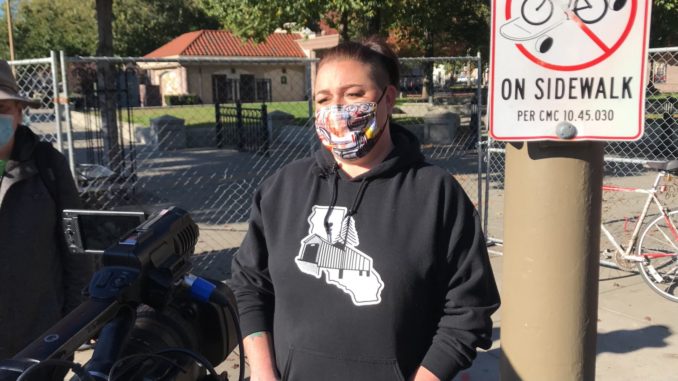
Last month, a group called Chico Voters launched recall efforts against Mayor Andrew Coolidge and Councilman Sean Morgan. Among the group’s cited reasons why the men should be removed from office are perceived missteps related to the city’s treatment of the local unhoused population which led to—and continues to complicate—an ongoing federal lawsuit.
Coolidge was first served a Notice of Intention to Circulate a Recall Petition at the Nov. 2 City Council meeting and Morgan on Nov. 4 (errors cited by City Clerk Debbie Presson prompted Chico Voters to re-serve paperwork to both council members Nov. 16 and again to Morgan Nov. 23). The mayor responded immediately with a prepared press release in which he labeled the recall organizers “extremists” and defended his actions on homelessness and other issues. Morgan, a former mayor, did likewise in a CN&R article, adding that the council was taking steps to resolve the litigated issues by early next year (see “Double dip”).
Chico’s exceptional homeless situation has attracted attention from far beyond the city limits as well, with some recent high-profile examples. On Nov. 1, The New York Times ran an opinion piece by Jay Caspian Kang that prominently features the city and advocates for civil rights protections for unhoused people.
“It has a sizable homeless population that has only grown since wildfires displaced tens of thousands of people in the surrounding areas,” the article reads. “In 2013, Chico lawmakers began passing a series of ordinances that made it illegal to sit or lie down on sidewalks between 7 a.m. and 11 p.m. or to store personal property in public spaces.
“During the COVID-19 pandemic, as the homeless population continued to increase, new City Council members were voted in who ran on a more aggressive stance. They have made it illegal to camp in a city park and heightened the penalty from a citation to possible jail time. Local law enforcement also began routine sweeps to try to push the unhoused out of the city.”
The NYT piece draws from an in-depth report published in October by the American Civil Liberties Union titled Outside the Law: The Legal War Against Unhoused People. Chico is one of a handful of California cities used as case studies in the report, which devotes an entire chapter called “Politically-Driven Increased Enforcement: City of Chico” to the city’s actions related to its unhoused population from the early 2010s until today.

Elaborating on reasoning behind the recall, Chico Voters spokesperson, Morgan Kennedy, said by phone Nov. 17, “The way Mayor Coolidge and Sean Morgan are targeting our unhoused population is literally costing the taxpayers in this city a great deal of money. You can’t cite people for living on the street without providing alternatives. Those are the rules; it’s a matter of civil rights. They were told ahead of time there would be legal repercussions for staying their course, and they did it anyway.
“Now you have a city that’s already struggling economically drowning in legal debt. We shouldn’t all have to pay for their poor, cruel decisions.”
ACLU targets Chico
John Do is a Sacramento-based attorney with the ACLU of Northern California’s Racial & Economic Justice Program. Much of his work in 2021 has been devoted to documenting the unhoused crisis in Chico. He’s spent countless hours doing legal research, submitting public records requests and conducting boots-on-the-ground interviews with Chico’s unhoused citizens. His work contributed to the ACLU’s Outside the Law report, and he was the lead author of an amicus curiae brief filed in June in support of Warren v. City of Chico, the lawsuit filed by Legal Services of Northern California on behalf of eight unhoused plaintiffs. The suit alleges Chico’s anti-homeless ordinances violate the civil rights of the unhoused and that the city has failed to provide adequate shelter.
“Chico is not alone with regards to having a lack of affordable housing and harassment of unhoused folks, unfortunately, so it really calls for statewide solutions,” Do said, explaining the main goals of the ACLU’s report are to stop the proliferation of hard-line ordinances that criminalize homelessness and to establish state protections to unhoused persons like those provided for race, gender and sexuality.
Do gave a litany of reasons why Chico stands out and was chosen to be included in the recent ACLU report.
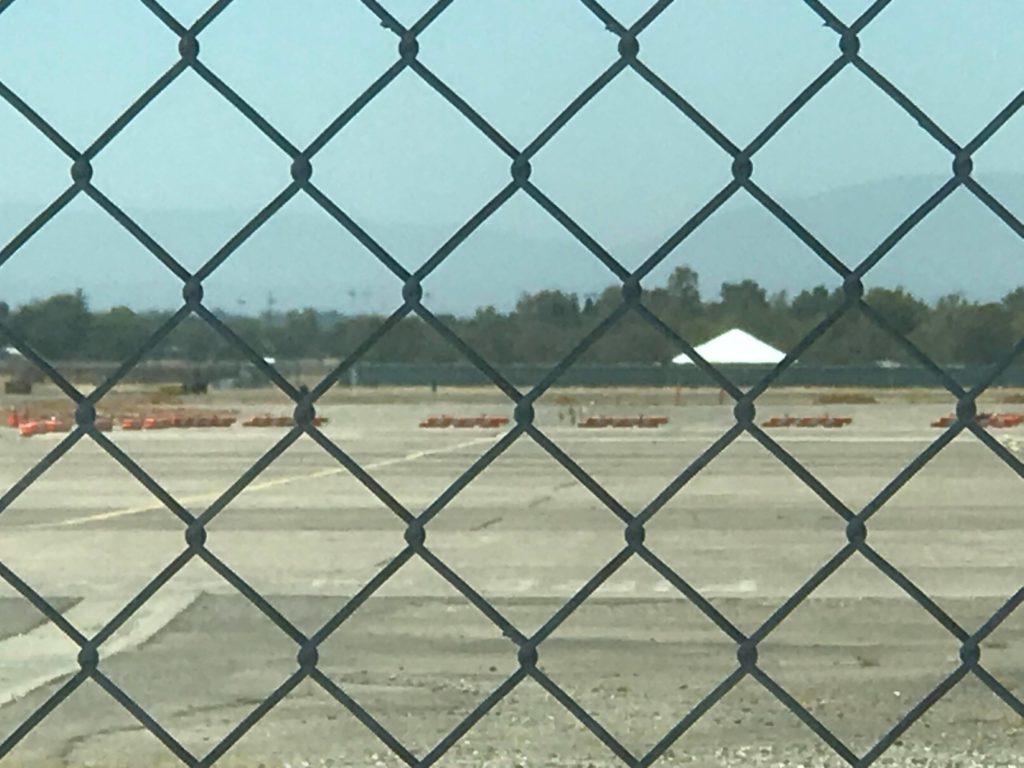
These include that the city’s homeless population includes a disproportionate amount of people of color; the impact of climate change-driven wildfires forcing more people into homelessness and exasperating a preexisting lack of affordable housing; the creation of ordinances that criminalize homelessness; political changes coinciding with more aggressive enforcement; and the city’s former Airport Resting Site, which he said is representative of many cities’ efforts to push unhoused residents to the outskirts of town. He compared the last item to cities in Los Angeles County that have tried to push homeless encampments “into the actual desert.”
“I’d also highlight the vitriol, frankly, that we see in Chico, both from members of the public and some of the language highlighted in the report from Chico’s historical leadership,” Do added. “In my visits to Chico and my interviews with unhoused people there, the one thing that always stands out is the degree of danger they face from the public.”
The report states, “Such dehumanizing language may have deadly results by fostering violence against unhoused people as seen in Chico,” referencing the Sept. 4 murder of Guy Steven VanZant, an unhoused man allegedly shot by a 16-year-old at Teichert Ponds.
“Words matter,” Do said, “and when we speak about unhoused people with such dehumanizing language, it creates a culture where folks aren’t seen as human and therefore can become subjects of violence. So many people promote fear of this community, but the reality is it’s the unhoused who should be afraid of us, due to their precarious living situations and lack of security.”
Mayor stands his ground
Interviewed by phone Nov. 17, Coolidge wouldn’t comment further on the recall, saying he stands by statements in his press release and that he’s already spoken on the subject to local media. He also wouldn’t comment on homeless issues, citing the federal court’s order for confidentiality. He said he hasn’t read the NYT article or ACLU report and expressed doubt that such criticisms have a significant negative impact on Chico’s public image.
“If you go looking, I think you’d find a lot of positive [articles] as well,” he said.
Coolidge did acknowledge that Chico has severe economic issues, including a lack of affordable housing; lack of high-paying, upwardly mobile jobs; low median incomes and a prominent economic gap between its highest and lowest income earners (see “Feeling the pinch”, page 12).
“Sure, there are problems here, but they’re not issues that can be solved by the city of Chico without help from the state government, which has created most of these issues,” he said. “If you want to talk about why housing is so expensive in the state of California, I’ll talk all about it … but if you want to lay that blame at my doorstep after being in office for one year, that’s false.”
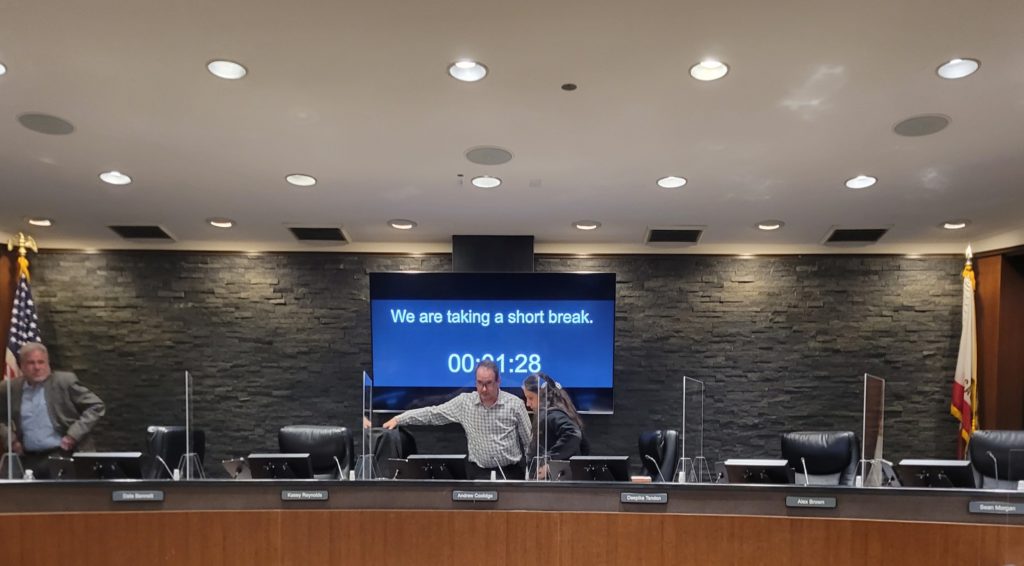
Coolidge asserted that past City Councils—particularly the panel that held office before a flip to a conservative majority last November—are largely responsible for the severity of these particular issues. He noted the current council in April hired a new deputy city manager, Jennifer Macarthy, who is charged with economic development and “has already made great strides in bringing new businesses to Chico.”
Referring to affordable housing, Coolidge said, “It feels like the city took a two-year vacation from working on this issue under the last council. Since day one, affordable and lower-income housing has been at the top of the list for this council. We’ve been moving ahead in a very methodical and fact-based way to make sure this housing comes online as soon as it can.”
Coolidge said that, in part due to large developments on the horizon, there is “more affordable housing in the works than there ever has been in the city of Chico.” He also said that business owners have regularly expressed to him that workers at the mid-management level have trouble finding housing in their price range and that the Barber Yard development will specifically address that need.
However, another of Chico Voters’ grounds for the recall effort is that Coolidge and Morgan are beholden to monied developers behind the same projects. Kennedy said those projects may result in the creation of some affordable housing but fall far short of meeting massive demand and that the focus remains on building higher-cost homes.
“I take more value in Coolidge’s history than his words,” Kennedy said. “That history indicates a bigger desire to attract high-priced buyers from out of the area than benefiting low-income people.”
Coolidge said one thing on the topic of housing that those behind the recall effort might commiserate with: “I know Chico has problems with affordable housing. I’m worried about a place for my children to live in this town someday, and that’s part of the reason I ran for office.”
Kennedy, while defending herself and her cohorts against the notion they are “extremists,” expressed a similar sentiment: “Wanting the unhoused to be treated like human beings is not extreme. Wanting affordable housing is not extreme. Wanting a secure future for our children is not extreme.”
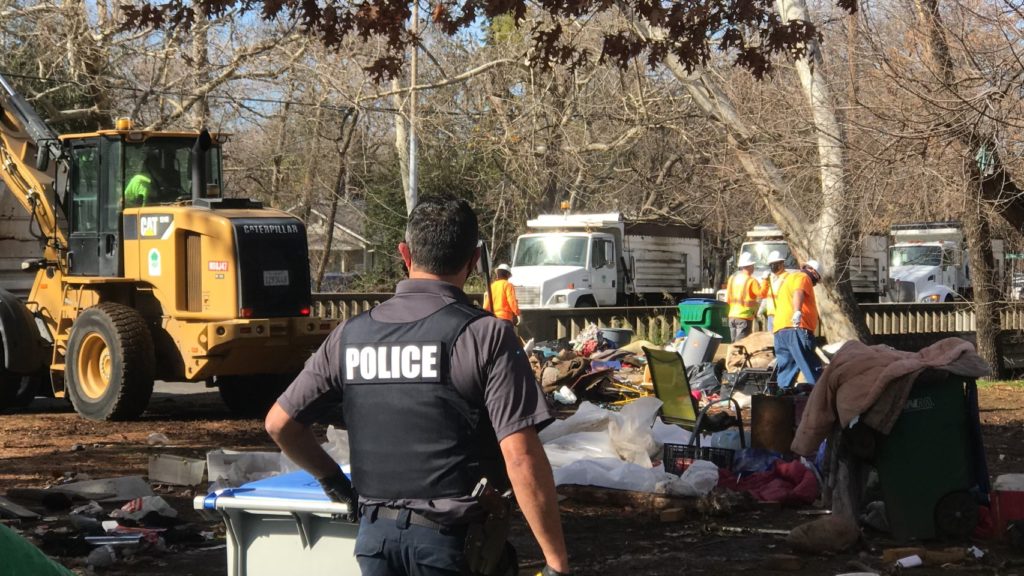

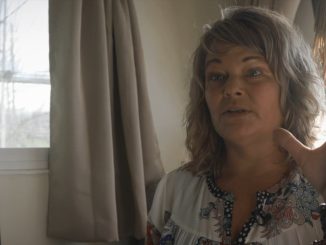

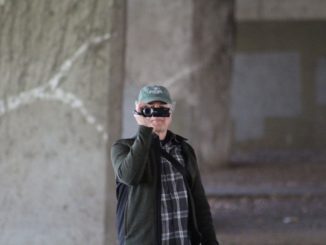
Be the first to comment